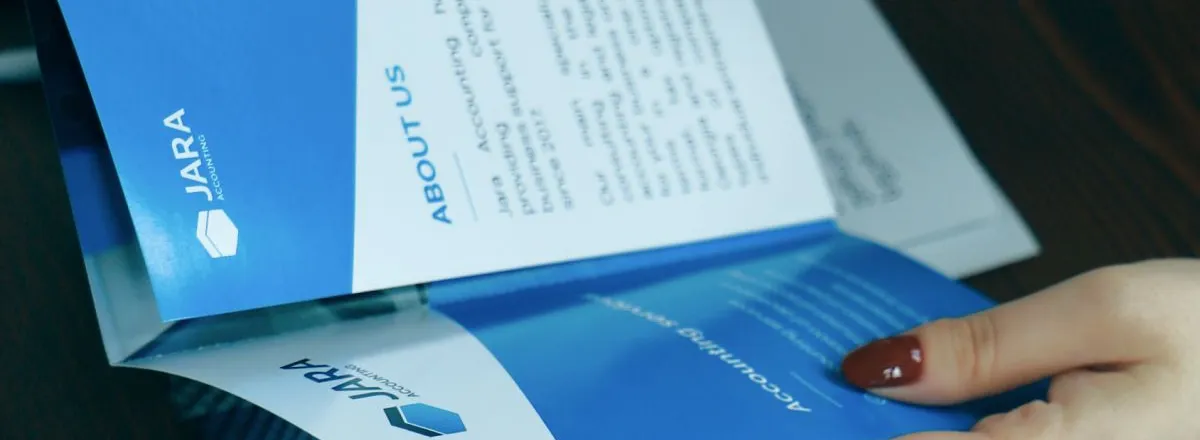Every entrepreneur strives to find the most advantageous solutions for their business, including in the matter of accounting. Modern companies are increasingly moving to remote accounting, considering this method more convenient and economical. And this is quite justified. An outsourced accountant is cheaper than a full-time employee, does not take up a workspace in the office, and all paperwork is carried out electronically.
This practice in Georgia is just beginning to gain popularity. Some entrepreneurs are still wary of outsourcing, preferring to keep accounting the old-fashioned way: with a full-time accountant, archive shelves, seals, and contracts in a metal safe.
To dispel doubts about the need for modern approaches, we decided to examine the main fears associated with remote accounting.
It's difficult to track a remote accountant
Some entrepreneurs believe it is safer to have an accountant at the workplace. When the employee is close by, it's easier to control their work, and in case of a mistake, it's easier to punish, fine, or fire them.
In practice, things turn out differently:
- you cannot fine a full-time employee due to restrictions in the Labor Code;
- you cannot fire without serious grounds;
- costs for imposed fines can only be recovered through a court process. The manager will spend a lot of time and money with no guarantee of a result;
- the only lever to impact the accountant remains the deprivation of a bonus for committed errors. However, the company still has to pay fines and penalties.
When connecting to remote accounting services, you do not have to worry about fines as a result of checks. The outsourcing company has insurance in case of an accounting error, covering the amount of recovery. For example, Jara Accounting's liability is insured for 65,000 dollars.
The accountant's work will be as clear as day with online access to a specialized program. You will always be able to track account movement and also control the submission of reports in due time.
The electronic archive can be deleted from the computer
This misconception arises due to a lack of knowledge about software. The company's accounting documentation is securely stored on a cloud service. Even if there is a technical failure in the software, all data about financial transactions and counterparties will be preserved. With electronic document management, there's no need to collect a paper archive and worry about lost letters. You also save on courier and postal services. It's convenient, environmentally friendly, and profitable.
It's quite risky to give the accountant the right to electronic signature and access to the client-bank
For signing company reports and decrypting letters from government bodies, Jara's accountant uses an additional electronic signature, issued in the name of the manager. In addition to this, the specialist uses guest access to the company's client-bank to form payment orders. However, only the manager of the company has the right to sign payment orders and manage the funds in the account. After the cooperation with the outsourcing company is terminated, the additional digital signature and guest access to the client-bank are withdrawn.
Thus, remote accounting is an absolutely safe method of keeping accounts. The main thing is to choose a reliable outsourcer. We recommend thoroughly studying the reviews of the company's current and previous clients, as well as making sure there is insurance liability in case of accounting errors made.

